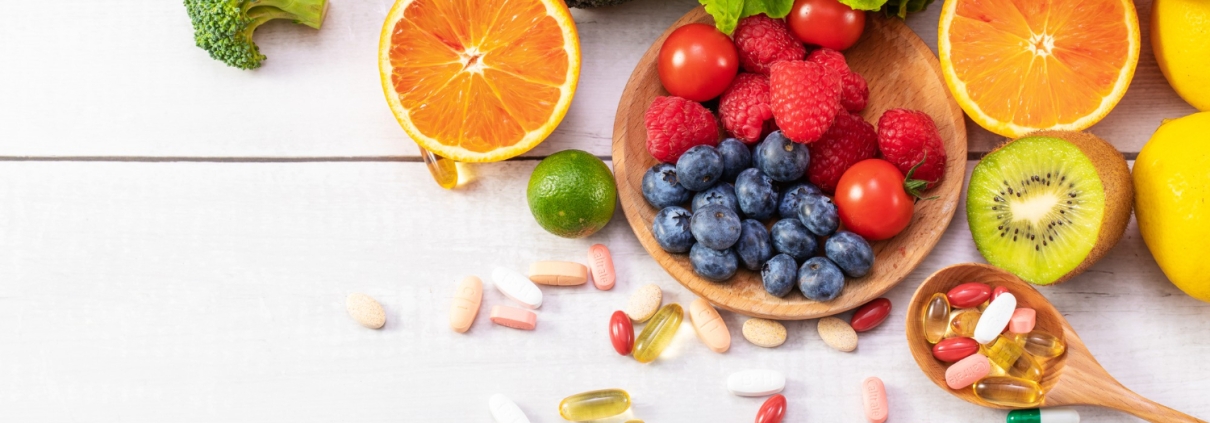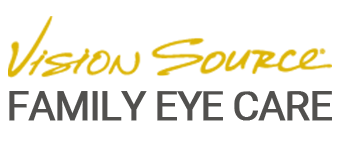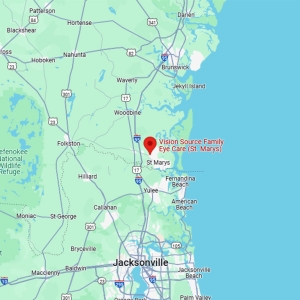The Connection Between Nutrition and Eye Health
Most people understand the importance of a balanced diet for their heart or weight, but eye health is often overlooked in the conversation. The food choices you make can significantly affect how well your eyes function—and how well they age. Maintaining healthy vision doesn’t only come from regular checkups—although that’s crucial, too; it also relies on what’s on your plate, morning, noon and night.
Vitamins That Support Long-Term Vision
No surprise, but vitamins play a critical role in keeping your eyes healthy. For example, vitamin A is essential for clear night vision and helps keep the surface of the eye (the cornea) properly moisturized. Without enough vitamin A, people may experience dryness, discomfort, and difficulty seeing in low light.
Vitamin C, known for its immune-boosting properties, also supports the health of the eye’s blood vessels and may lower the risk of cataracts in Jesup, GA. Vitamin E contributes by protecting eye cells from damage caused by free radicals, which can accelerate aging and disease development.
It’s not limited to the vitamins that are mentioned here, either—for all the best benefits, you want a huge variety of vitamins in your diet.
Don’t Leave Out Zinc and Omega-3s, Either
Zinc plays a vital role in helping the body move vitamin A to the retina, where it helps produce protective pigments. Without sufficient zinc, you may experience reduced night vision or slower healing from eye-related issues.
Omega-3 fatty acids, especially DHA, are a key part of retinal structure. These healthy fats, found in foods like salmon, chia seeds, and flaxseed oil, can help reduce dry eye symptoms and inflammation.
Nutrients That May Guard Against Age-Related Conditions
The risk of developing macular degeneration or cataracts increases with age—but diet may help delay or prevent these conditions. Leafy greens like kale and spinach are high in lutein and zeaxanthin, two antioxidants that filter harmful blue light and protect against cellular damage in the retina.
A nutrient-rich diet full of vegetables, fruits, lean proteins, and healthy fats does more than nourish your body—it helps preserve your vision. If you’re unsure whether your diet is giving your eyes what they need, talk to your optometrist in Jesup, GA at Vision Source Family Eye Care.







